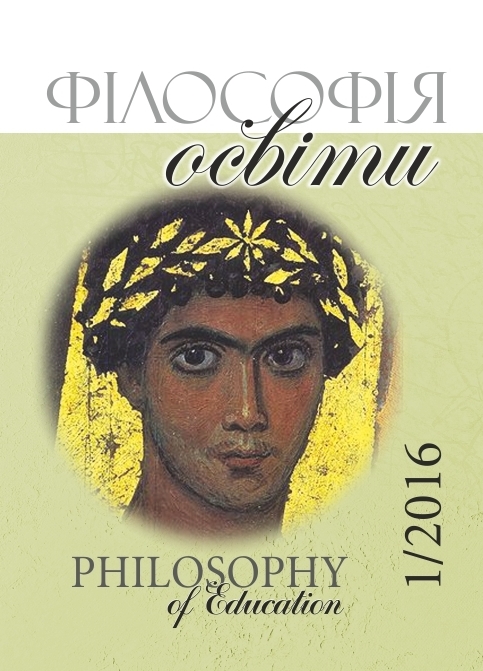Academic freedom: an ultra-modern principle with old roots
DOI:
https://doi.org/10.31874/2309-1606-2016-18-1-125-135Keywords:
Academic freedom, creativity, collegial rule, managerialism, universityAbstract
There is a growing incapacity to understand the major institutional principle that made the research university into such a revolutionary success, firstly in Prussia and in Germany, later in the United States: academic freedom. Far from being a simple formula to be carried out without afterthought, academic freedom is a value, a practical instrument and a legal principle that has to be understood in relation to creativity. In this article, academic freedom and its importance for creativity in research (and teaching) is analyzed from three fundamental vantage points, firstly in terms of what academic freedom is, secondly how it works in practice and thirdly by looking at why academic freedom is so crucial to creativity. It concludes by reflecting on why it is that while the research universities that have worked under the principles of academic freedom have been extremely successful, those who today develop research policies and even university leaders are striving to dismantle the one precondition that makes all the difference, namely academic freedom.
Downloads
-
PDF
Downloads: 466
Published
How to Cite
Issue
Section
License
- Authors who publish with this journal agree to the following terms:
- Authors retain copyright and grant the journal right of first publication;
- Authors are able to enter into separate, additional contractual arrangements for the non-exclusive distribution of the journal's published version of the work (e.g., post it to an institutional repository or publish it in a book), with an acknowledgement of its initial publication in this journal.





